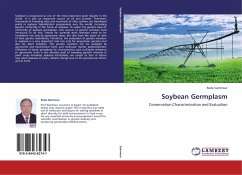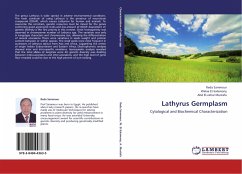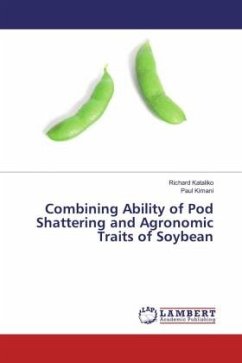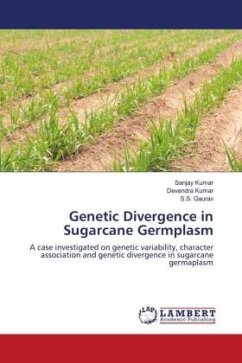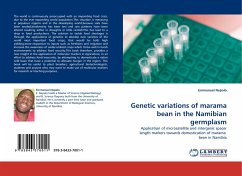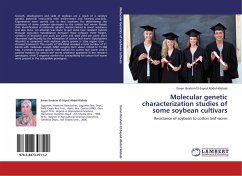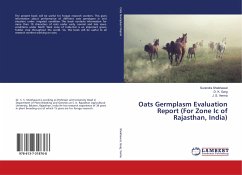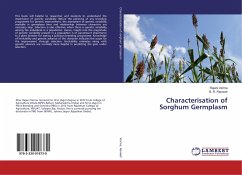Soybean is recognized as one of the most important grain legume in the world. It is also an important source of oil and protein. Therefore, thousands of breeding lines and hundreds of elite cultivars are developed yearly in soybean hybridization programmes over the world, increasing genetic uniformity in the frame of soybean. To widen the genetic basis of uniformity of soybean germplasm, new sources of genetic variation must introduce. To do this, criteria for parental stock selection need to be considered not only by agronomic value, but also from the point of view of their genetic dissimilarity. Therefore, the evaluation of genetic variation in soybean is a very important task not only for population genetics but also for plant breeders. The genetic variation can be analyzed by agronomic and biochemical traits, and molecular marker polymorphisms. Utilization of exotic germplasm for characteristics such as disease resistance or agronomic traits is the ultimate goal of assessing genetic diversity in plant crops including soybean. Particularly, we except to face in future new plant diseases or pests, climatic change due to the greenhouse effect, and so forth.
Bitte wählen Sie Ihr Anliegen aus.
Rechnungen
Retourenschein anfordern
Bestellstatus
Storno

